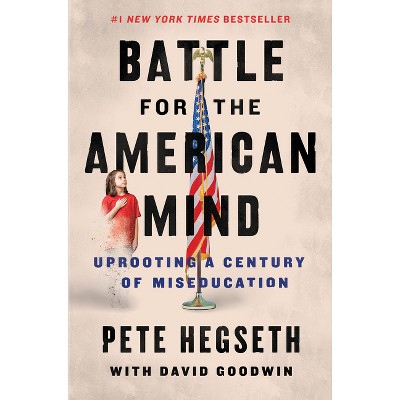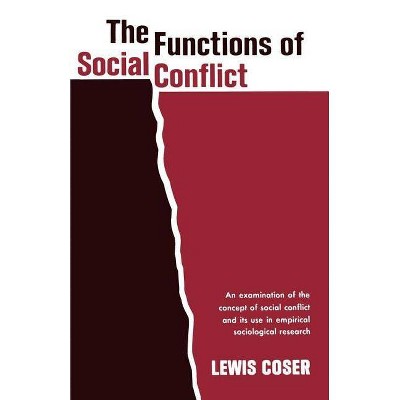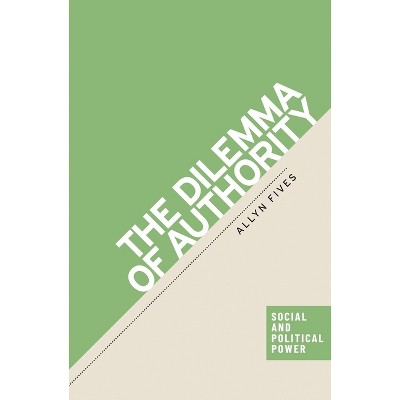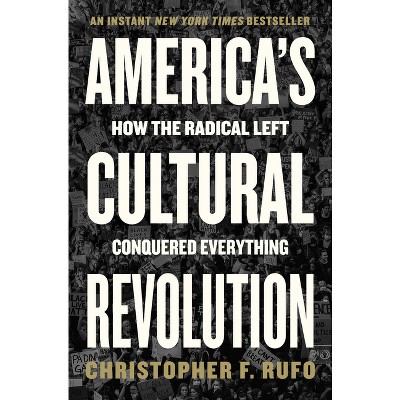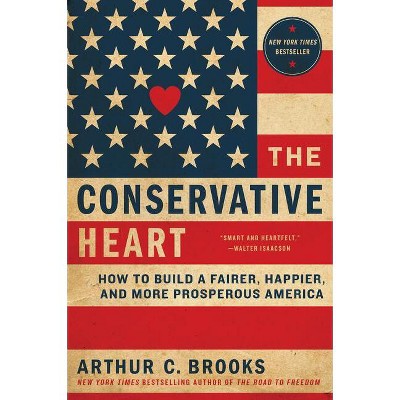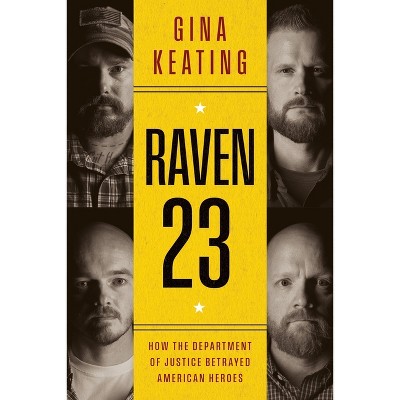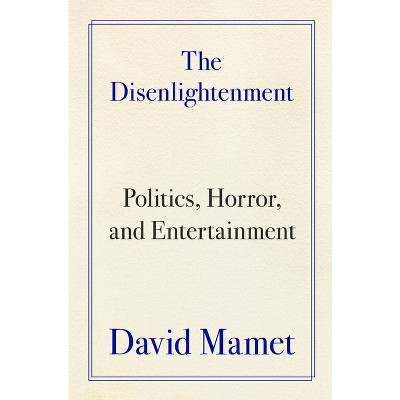Sponsored

Digital Barbarism - by Mark Helprin (Paperback)
In Stock
Sponsored
About this item
Highlights
- "A strange, wondrous, challenging, enriching book....Beautiful and powerful...you will not encounter another book like it.
- Author(s): Mark Helprin
- 256 Pages
- Political Science, Public Policy
Description
About the Book
In Helprin's Jeffersonian defense of private property, the author explains why the popular campaign for an open source approach to intellectual property undermines not just the possibility of an independent literary culture but threatens the future of civilization itself.Book Synopsis
"A strange, wondrous, challenging, enriching book....Beautiful and powerful...you will not encounter another book like it."
--National Review online
In Digital Barbarism, bestselling novelist Mark Helprin (Winter's Tale, A Soldier of the Great War) offers a ringing Jeffersonian defense of private property in the age of digital culture, with its degradation of thought and language and collectivist bias against the rights of individual creators. A timely, cogent, and important attack on the popular Creative Commons movement, Digital Barbarism provides rational, witty, and supremely wise support for the individual voice and its hard-won legal protections.
From the Back Cover
Mark Helprin anticipated thathis 2007 New York Times op-edpiece about the extension of theterm of copyright would be receivedquietly. instead, within a week, thearticle had generated 750,000angry comments. shocked by hisyoung critics' breathtaking senseof entitlement and appalled by thebreadth, speed, and illogic of theirarguments, Helprin realized howdrastically different this generationwas from those before it. theCreative Commons movement andthe copyright abolitionists havebeen educated with a modern biastoward collaboration, which hasled them to denigrate individualefforts. Digital Barbarism is Helprin'scogent, powerful, and passionateresponse to those whose selfishdesire to "stick it" to the "greedy"corporate interests controlling thedistribution of intellectual propertyundermines not just the possibilityof an independent literary culturebut threatens the future of civilizationitself.
Shipping details
Return details
Trending Non-Fiction


Discover more options
